
INTERNATIONAL

| Time | Programme |
|---|---|
| 09:30 AM – 09:35 AM | Welcoming and introducing the Conference by Sis Ng Wee Nee |
| 09:35 AM – 09:45 AM | Remarks by The Most Ven Bhikshu Jing Yao Chairman of Buddhist Association of the Republic of China (Taiwan) |
| 09:45 AM – 09:55 AM | Remarks by The Most Venerable Makulewe Wimala Mahanayake Thero The Chief Prelate of Sri Rammanna Maha Nikaya of Sri Lanka |
| 09:55 AM – 10:05 AM | Remarks by The Most Ven Dr. Dammapiya Secretary General of International Buddhist Confederation |
| 10:05 AM – 11:00 AM | Inaugural Address by His Holiness the Dalai Lama |
| 11:00 AM – 11:15 AM | Q&A from audience to His Holiness the Dalai Lama
Moderator: Ven Mahayano |
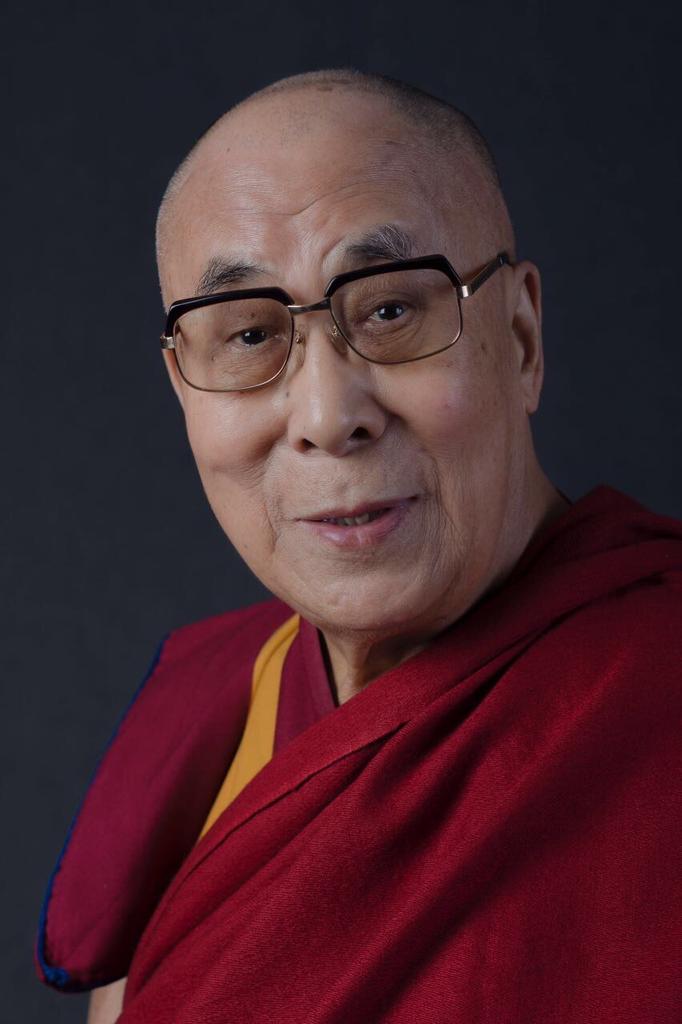
His Holiness
The Dalai Lama
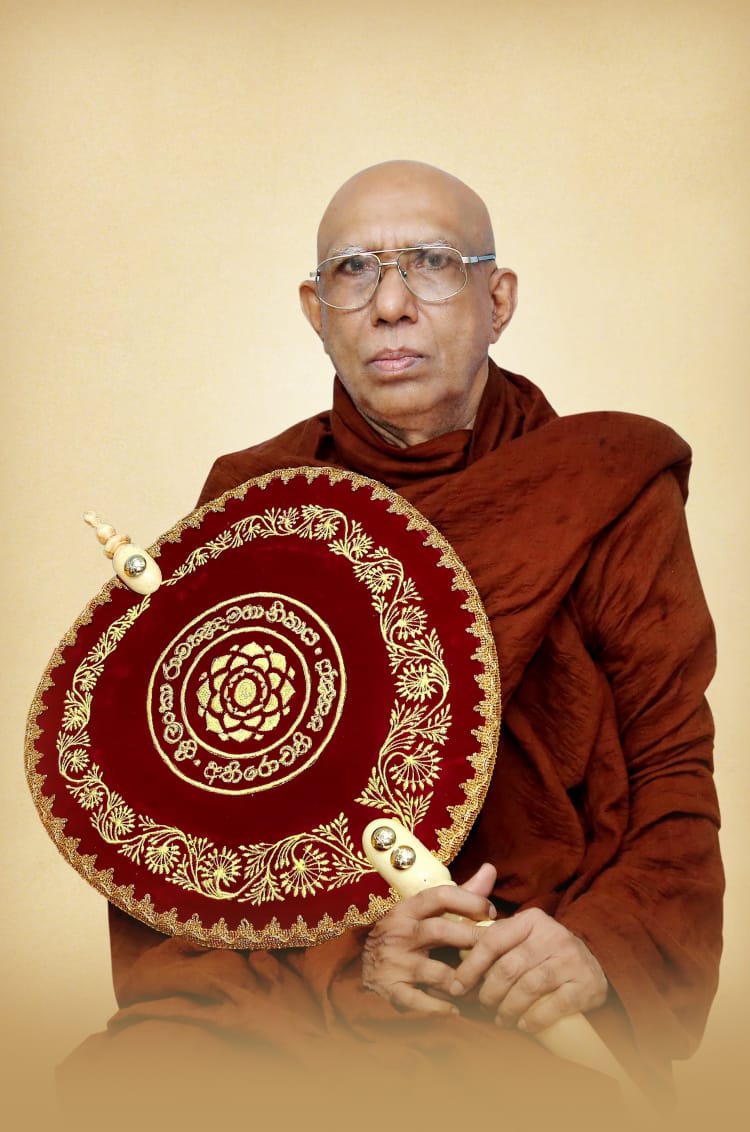
Most Venerable
Makulewe Wimala Mahanayake Thero
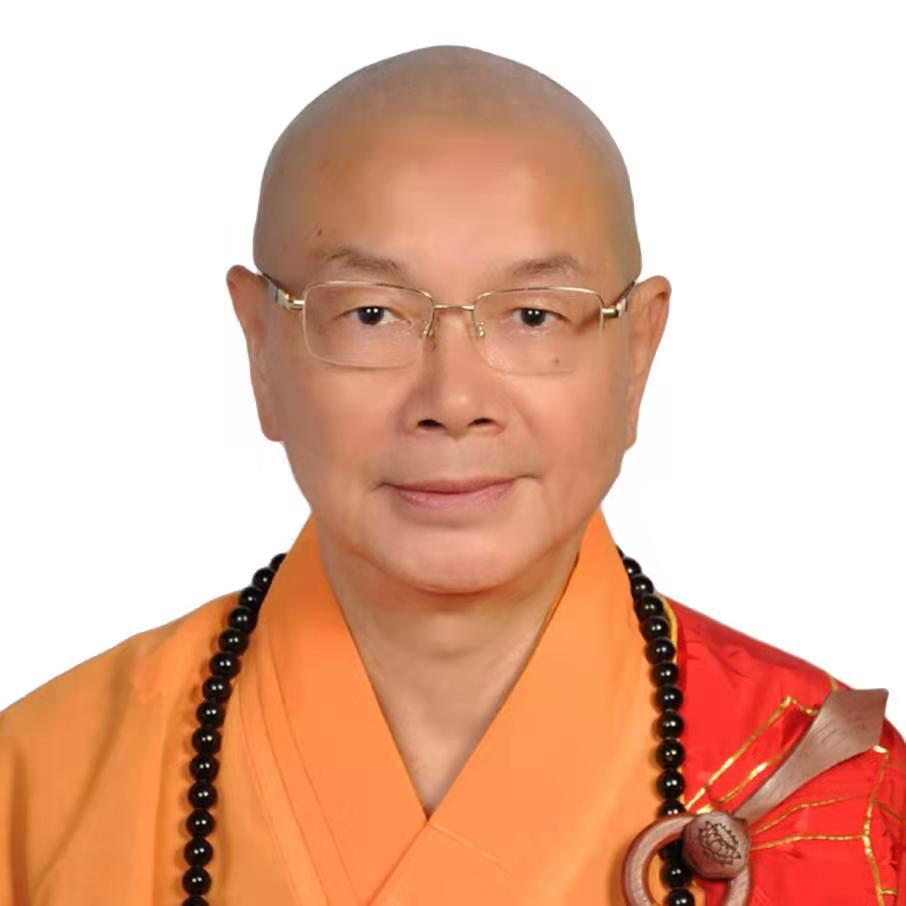
Most Venerable
Bhikshu Jing Yao
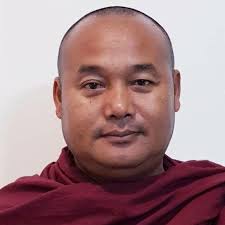
Most Venerable
Dr. Dhammapiya

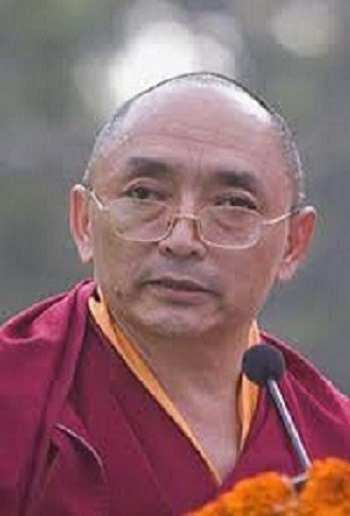
Born on July 7, 1956 at Dokhar in Central Tibet, Professor Geshe Ngawang Samten came to India along with his parents after the Chinese occupation of Tibet in 1959. He studied at the Central School for Tibetans in Chandragiri, Orissa, and thereafter at the Central Institute of Higher Tibetan Studies at Sarnath.
He possesses a rare combination of education on modern lines as well as the Tibetan monastic system. He obtained Geshe Lharampa degree, from Gaden Shartse monastery, equivalent to Ph.D. degree in the modern system.
As a result of his outstanding achievement in the field of research, he was promoted to the position of Professor of Buddhist Philosophy. He is also actively engaged in Hindi translations of Buddhist texts in Sanskrit and Tibetan. Professor Samten, with his special interest in the philosophy of Nagarjuna, published the definitive critical edition of the Ratnavali with its commentary as the result of his post-graduate research. He is credited with important publications, such as a critical edition of Abhidhammattha Samgaho, a critical edition of Sanskrit and Tibetan versions of the Pindikrita and the Pancakrama of Nagarjuna, and co-authored The Ocean of Reasoning, an annotated English translation of the commentary on Nagarjuna’s Mulamadhyamaka Karika by the Tibetan master thinker Tson-Kha-Pa, published by Oxford University Press. The Ocean of Reasoning is acclaimed far and wide.
He has contributed to the improvement of academic standards at CIHTS, particularly through teaching and research. He is instrumental in promoting Buddhist Studies in India. A number of Indian universities have greatly been benefited by his scholarship and insight in formulating courses and initiating Buddhist studies. He strongly advocates to make the education system instrumental in transforming the students through inculcation of value along with development of skills in various fields.
He frequently travels across the continents lecturing to academic audiences in the United States, Europe, Australia, Russia, some of the Asian countries and as well in India. He has been in action at various national and international seminars, workshops and conferences. He has held Visiting Professorship at Hampshire, Amherst and Smith Colleges in the USA and at the University of Tasmania in Australia.
In virtue of his sagacity and wisdom, Professor Samten has been on numerous academic bodies of Universities and expert committees of the Ministries of Government of India, and as a member on the boards of several Institutes in USA, Canada, Thailand, France and Austria. He has also served in the Editorial Board of International Association of Tibetan Studies in Harvard. He has been the Vice President of Association of Indian Universities, and has served chairman/member of various expert committees constituted by the University Grant Commission of India.
In 2009, he has been awarded Padma Shri (one of the country’s highest civilian awards) by the President of India for his distinguished services in the field of education and literature.
In 2016, he has been awarded Vesak Samman by the Government of India in recognition of his outstanding lifelong achievement in the fields preservation, development and promotion of Indian philosophy, arts and culture within and outside India, as well as his lifelong services towards dissemination of Buddhist studies and establishment of academic institutions.
He is currently the Vice-Chancellor of Central Institute of Higher Tibetan Studies, Sarnath, Varanasi.
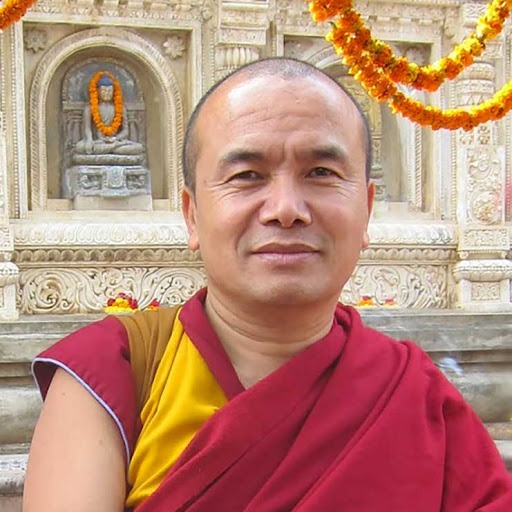
Ven Geshe Dorji Damdul is presently Director at Tibet House, New Delhi, Cultural Centre of His Holiness the Dalai Lama. In 1988, Geshe Dorji Damdul joined the Institute of Buddhist Dialectics, Dharamsala for formal studies in Buddhist logic, philosophy and epistemology. After 15 years of study in Buddhist philosophy he finished his Geshe Lharampa Degree (Ph.D.) in 2002 from Drepung Loseling Monastic University. He joined Gyudmed Tantric College for a year for Tantric studies.
In 2003, the Office of H.H. the Dalai Lama sent him to Cambridge University, England for Proficiency English studies. He was a visiting fellow at Girton College, Cambridge University.
He was appointed as the official translator to H.H. the Dalai Lama since 2005. He has been serving as the interpreter for H.H. the Dalai Lama for many years and at the same time involved in doing written translations of many texts from Tibetan into English such as Arya Nagarjuna’s “Mulamadyamikakarika” (Fundamental Wisdom of the Middle Way) and Acharya Shantideva’s “Bodhicaryavatara” (Wisdom Chapter). He was appointed as the Director of Tibet House, Cultural Center of H.H. the Dalai Lama, New Delhi in March 2011.
As assigned by the Office of H.H. the Dalai Lama, he visited the US in 2008 to work with Prof. Paul Ekman, a world renowned Psychologist, one of the pioneers of the science of micro-facial expressions, on H.H. the Dalai Lama’s book “Emotional Awareness” which is co-authored by Dr. Paul Ekman of the University of California Medical School.
His Holiness the Dalai Lama also assigned him with a text book project. He was one of the chief editors for the text book on Buddhist Science and Philosophy. This text book is to be used for Centers and Institutes all over the world to study more thoroughly on Buddhist philosophy, metaphysics, epistemology, and science.
He was also assigned, along with few other scholars to work on H.H. the Dalai Lama’s book “Ethics for the New Millennium – Part II, later came up with the title Beyond Religion,” and the series of “Art of Happiness” book which were jointly written by H.H. the Dalai Lama and Prof. Howard Cutler. Likewise he is actively involved in critical editing works with other books of H.H. the Dalai Lama like “The Graded Path.”
He was affiliated with Drepung Loseling Library where he served as the editor of Dreloma Magazine for eight years from 1994-2001. Prior to that he was the editor and contributor for 5 years for “Lhaksam Tsekpa” – a journal of comparative studies, the theme of which is on Modern Science and philosophy, published by the Institute of Buddhist Studies.
He wrote a number of important papers for National and International Conferences held in Delhi University, and so forth. The papers constitute topics such as “The Paradox of Brain and Mind” and “The Ultimate Reality According to Arya Nagarjuna.”
He is in the process of writing two important books, one on “Journey into the Paradox of Brain and Mind” and the other “What Constitutes the Ultimate Reality: The Effects of Understanding the Ultimate Reality.”
In 2004 – 05, for two years, he was assigned as the Philosophy Lecturer for the Emory University Study Abroad Program which was being held in Dharamsala, India since 2001.
In 2008, he was appointed as a visiting fellow in Delhi University to give lectures in three of the University’s departments – Philosophy, Psychology, and Buddhist Studies.
In 2011, Indira Gandhi National Open University recruited him as one of the chief experts to design the syllabi for B.A. and M.A. course on the Tibetan Studies as a part of Indira Gandhi National Open University (IGNOU) program.
While assigned with the responsibility of the Directorship of Tibet House, the Cultural Centre of H.H. the Dalai Lama, New Delhi, India, he also gives regular lectures in Tibet House and many other places like Universities and Institutes. He also travels widely within India and abroad, like Mumbai, USA, U.K., and Singapore to teach Buddhist philosophy, psychology, logic and practice.
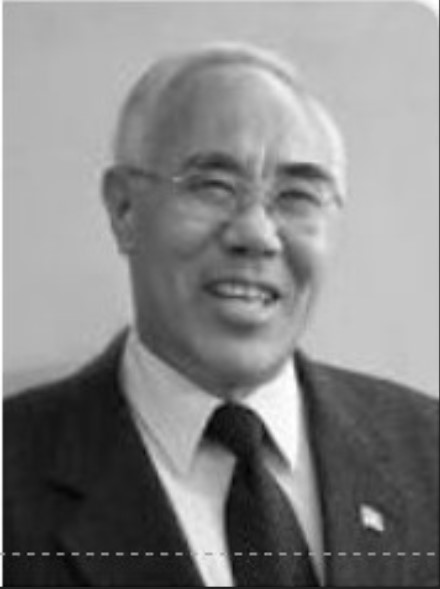
Mr Tempa Tsering has dedicated his life to serving in Tibetan Administration, holding key roles until his retirement in 2016.
In 2006, he was nominated as Minister (Kalon) by Prof. Samdhong Rinpoche and later approved by the Member of Assembly. From there, he served as the Kalon for the Department of Information and International Relations while also serving as Representative of His Holiness the Dalai Lama in New Delhi. After stepping down as Kalon, he continued in the post of Representative in New Delhi until his retirement in 2016.

His Holiness the 14th Dalai Lama, Tenzin Gyatso, describes himself as a simple Buddhist monk. He is the spiritual leader of Tibet. He was born on 6 July 1935, to a farming family, in Amdo, northeastern Tibet. At the age of two, the child, then named Lhamo Dhondup, was recognized as the reincarnation of the previous 13th Dalai Lama.
His Holiness began his monastic education at the age of six. At 23, His Holiness sat for his final examination in Lhasa’s Jokhang Temple, during the annual Great Prayer Festival (Monlam Chenmo) in 1959. He passed with honors and was awarded the Geshe Lharampa degree, equivalent to the highest doctorate in Buddhist philosophy.
In 1989 he was awarded the Nobel Peace Prize for his non-violent struggle for the liberation of Tibet. He has consistently advocated policies of non-violence, even in the face of extreme aggression. He also became the first Nobel Laureate to be recognized for his concern for global environmental problems.
His Holiness has travelled to more than 67 countries spanning 6 continents. He has received over 150 awards, honorary doctorates, prizes, etc., in recognition of his message of peace, non-violence, inter-religious understanding, universal responsibility and compassion. He has also authored or co-authored more than 110 books. His Holiness has held discussions with heads of different religions and participated in many events promoting inter-religious harmony and understanding.

The Most Venerable Makulewe Wimala Mahanayake Thero, is the highest appointed prelate of the Sri Lanka Ramanna Nikaya of the Sangha ancestry of Mahavihara. He was born on the 25th of August 1948 and entered bhikkuhood as a samanera (novice monk) at Minioluwa Vidyawasa Pirivena (Monastery) on the 24th of March 1960.
The Mahanayake Thero was opportune to receive his initial monastic education, under the guidance of the Most Venerable Mahopadyaya Kumbukwewe Vijithasena Nayake Thero, Venerable Pidume Rathana Nayaka Thero, the Deputy Chief Incumbent of Minioluwa Widyawasa Pirivena and the Most Venerable Mahopadyaya Loluwagoda Gnanarathana Nayaka Thero.
Thereafter, having been excelled in all requisite qualifications in Pracheena Prarambha and Maddhyama he entered Anuradhapura Buddha Sravaka Bhikshu University, Sri Lanka in 1971 and had further education under able guidance of the Most Venerable Induruwe Uththarananda Mahanayake Thero, the then Dean of the said university.
The Mahanayake Thero, having received “Thripitakacharya Title” in the year 1974 from the central administration of the Sri Lanka Ramanna Maha Nikaya had his “Thripitakavedi Title (Bachelor of the Tripitaka)” from the Buddhasravaka Dharma Peetaya (Faculty) in 1976. In 1976, the Degree of “Thripitaka Visharada (Hons) was conferred on the Mahanayake Thero from the apex body of the Sri Lanka Ramanna Maha Nikaya and equally proved his prowess in eruditeness of Dhamma by excelling in the “Saddhammachariya” and “Vinayachariya” examinations conducted by the Sumangala Commemorative Assembly of the Maligakanda Vidyodaya Maha Pirivena (Monastery) and was thus graduated. Whilst outshining of his unquenchable thirst in Dhamma, the Mahaayaka Thero obtained B.A. (Hons) degree in 1982 from the University of Kelaniya, M.A. from the Postgraduate Institute of Kelaniya University in 1990.
Having all these honorific titles in the field of education to his credit before stepping into the threshold of perfect path to liberation, he finally received the higher ordination at the holy precinct of Udakukkepa Seema Malakaya of Thotalanga Kelani River in Colombo under the tutelage of the Most Venerable Induruwe Uththarananda Maha Nayaka Thero.
In recognition of the great and enormous services the Most Venerable Makulewe Wimala Mahanayake Thero has rendered for the Nikaya itself and Buddhist religious education and social spheres at national and international level, the most covetous honorary title of “Aggamahapanditha Title” was conferred upon the Mahanayake Thero by the Union of Myanmar in 2019.
Apart from the above, the noble religious titles such as “Dhrmakeerthi Sri Saranakara”, “Saddharmakeerthi Sri Sashthra Visharada”, “Sashthra Keerthisri Pariyaththadhara”, “Siri Saranankaropasena Wansalankara”, “Shashana Sobhana”, “Thripitaka Visharadha”, and “Shasthrapathi”, were bestowed upon the Mahanayake Thero.

Ven Master Jing Yao was born in 1954 in Chiayi county. His birth name was Hsu Min Hui and graduated from Edition &Interview Department of Shih Hsin University. After graduation,being a police & politic reporter for 5 years made him a keen observer, keeping a good relationship with the field as well. However, In 1970, a fatal car accident changed his life. As a result, he decided to renounce the luxury and comforts of the material world , and lead a monastic life. In 1982, the venerable master Guang Hua shaved Hsu's head and gave him the Dharma name of Jing Yao . Besides, he was a disciple of contemporary and venerable master Yin Shun for 3 years.
Over the past 35 years, Master Jing Yao has helped those who are suffering in prison or from drug abuse, which becomes the stable strength of cultivated function in prison owning to his Humanistic Buddhism teaching. Nowadays, he is still busy in visiting every prison in Taiwan monthly. There are over 100,000 man-time taking benefit from his caring and teaching.
Since 1986, master himself not only has worked towards the mission of prison caring but also set up volunteer work team for counseling in The Society Improvement Foundation and Chinese Buddhist Pu-Xian Fu Hua Association , both of which are non-profit organizations.
Ministry of Interior, Ministry of Education ,Law Service Department and Health bureau and other government organizations or associations have given over 30 awards to Master and the order since 1993. Since 1990, his routine work as a mission has been to provoke the sense of drug free to people , by beholding the self mind, keeping away from the defilement of sensual pleasures, the defilemen of heresy, and the defilement of ignorance.
Since 1991, in respond to the plead of “Global Anti- Terrorism, Rescue the People who are in need“,Master has been active in charitable ventures on a worldwide basis such as international disaster assistance, medical aids and fund raising for Sri Lanka, El Salvador, India and Mongolia and so on.
From 2002 and on , Master Jing Yao was worried about the unfavorable situation of misbehaved children and youth who were lacking of parents’ love or family members. He decided to change the situations and used the site for midway home construction to help them complete their regular curriculum and attain their job skills, which will be able to be used by the end of April this year.
Over the recent years, interestes in charitable services have grown in Tiawan, yet few of them concern about the darkest side of social issues(i.e. prisoners and drugs abusement) due to the daunting challenges lying ahead. Although Master Jing Yao will still face many insurmontable difficulties in the future. However, thoughout the years the accomplishments he has achieved in Humanistic Buddhish and Cultivation are magnificent.
Current positions:

Ven Dr. Dhammapiya is the current Secretary General of International Buddhist Confederation (IBC). The International Buddhist Confederation (IBC) is a global umbrella Buddhist body headquartered in New Delhi, India. Established under the patronage of the supreme Buddhist religious hierarchy, it currently has a membership drawn from 39 countries of over 320 organisations, both monastic and lay, that include world bodies, national and regional federations, orders, temple bodies and monasteries, etc.
Ven Dr. Dhammapiya is also the founder of Dhamma Dipa Foundation, Secretary General of the North East India Buddhist Sangha Council and the founder and chairman for Bahujan Hitya Education Trust, Manu Banku Tripura. Apart from holding these prestigious posts he is also the professor & principal of the Michael Madhusudan Dutta (MMD) College, Tripura. He is also running a charitable residential school named “Dhamma Dipa Senior secondary School” along with a monastic education institution named “Dhamma Dipa International Buddhist Academy”, where over 150 Buddhist monks and novices are given monastic education and are being trained in meditation and Dhamma Courses. Ven Dr. Dhammapiya has also actively participated in several national & International Seminars, Conferences and workshops, Symposium in India and abroad since 1994.
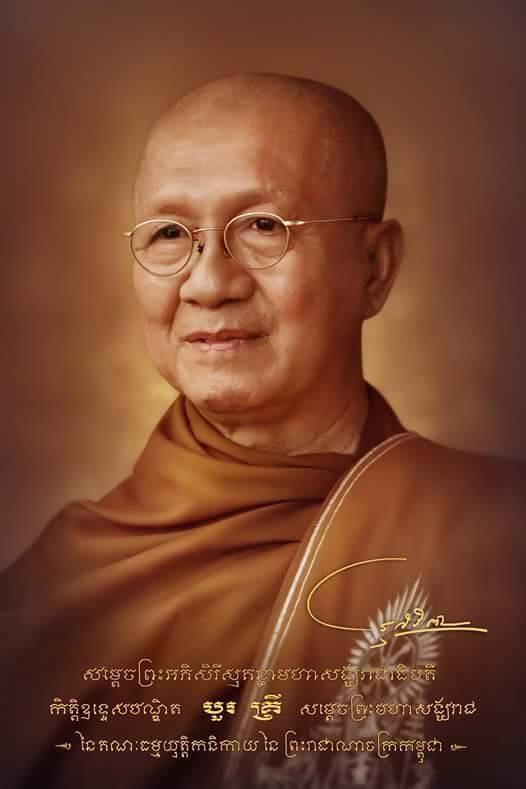
Born in 1945, Venerable Bour Kry became a monk in 1963. After some time spending in the monastic life, Venerable Bour Kry is appointed as Secretary of Mekon authority (Provincial Spiritual Authority ) in his native town. Appreciated by his superior monk and his faithfuls, the Buddhist clergy entrusts him with the management of a monastery near Thai-Cambodian border.
In 1975, after the takeover of the Khmer Rouge, the situation of the monks became dramatic. He managed to flee and reached to France in 1976. During an interview at Vatican city with His Holiness the Pope Jean Paul II, he requested the Catholic Church to condemn officially the murderous policy in Cambodia. The long standing friendship links between Cambodia and France since more than one century had made the French territories the privileged asylum land chosen by the flow of the Cambodian refugees. Quickly, the first arrivals summon up all their strength and set up the association in order to welcome those who arrive in France by successive waves larger and larger, repatriated by international organizations or by their own resources. The aims of these associations consisted in making easier the integration of these new arrivals and avoid the more possible the social and cultural uprooting created by the exile. In exile, a small group of the monks and the secular persons in France founded in 1977 in Paris the first religious association: "Association Bouddhique Khmère” (Khmer Buddhist Association).
In 1980, the religious community extended and purchased a building land in Creteil (Paris suburbs) owing to the generous donations received. Master Bour Kry, as the oldest member of the exiled religious community takes the management of this association and decides to build a pagoda which is the first type in Europe: Vatt Khemararam was born and received the Consecration ceremonial according to the Buddhist tradition. In the following years, the community who were well spoken of had opened all centres without race or citizenship discrimination showing the ecumenical spirit of its founder. Master Bour Kry established non-stop fellowship and friendship relations with several schools of the other traditions.
In 1982, Master Bour Kry created the "Secours Bouddhique International" (International Buddhist Assistance), a humanitarian organisation with an distinct legal status from the monastery. Since his arrival in France, he had never stop going to pay a visit to the refugees camps in South-East Asia in order to provide material and moral aids.
ROYAL NOMINATION
Noting his constant devotion towards his fellow man, His Royal Highness Prince Norodom
Sihanouk, then
President of Supreme National Council, nominated him to the rank of "Samdech Preah Ang
Krou"(Spiritual
Eminence Master) in 1987. His new title allows him to lead others important actions in favour of the
poor people and does not stop him in his natural feeling drawn of kindness and pity to fellow human
being.
In 1991, His Majesty King Norodom Sihanouk of Cambodia appointed him with the Head of Dhammayutta Order as " Samdech Preah Sukontheathipadei "Samdech Preah Sanghareach (Supreme Patriarch) of Dhammayuttikanikaya of Cambodia.
October 26, 2007, His Majesty King NORODOM SIHAMONI conferred him the supreme title of “Samdech Preah Abhisiri Sugandha Mahasangharajah Dhipati” BOUR KRY, Great Supreme Patriarch of Dhammayutta Order of Cambodia.
SOCIAL AND RELIGIOUS WORKS
Since the Paris Agreement signed in 1991 between all Khmer factions, the Supreme Patriarch often comes
back to Cambodia where he contributes tirelessly on the revival of the monastic life and on the
rebuilding of the monasteries or the schools deserted during the decades of war and deprivations. In
the
framework of national reconstruction, His Holiness Sangharajah Bour Kry wished to give a Buddhist
contribution in the Royal Government policy concerning the rural development. The Supreme Patriarch
considers Buddhism had to get back to his millennial function of education among the Khmers society
and
into the heart of the young generations. Anxious to give an outburst to the future generation, His
Holiness Sangharajah sent many young monks to the foreign countries (France, Sri Lanka, Thailand,
Indonesia, India etc.) so that they received the new knowledges to take up the challenge of the
rebirth
of Khmer Dhammayutta Buddhism.
The Buddhist Institute Preah Sihanouk Dhammadhiraj was created in 1995 on his initiative. This institution is located at 45 kms, from Phnom-Penh in the village of Chambâk, Province of Kampong Speu. Its mains aims are :
This Institute is focused before all others on the education of the poorest young Cambodians by reviving the traditional function of the Buddhist schools and to rehabilitate the values of the Cambodian families. Nowadays, the Institute takes in permanently about a hundred of young people whom the parents are too poor to take care of them. The funding of the centre is ensured by the generosity of the disciples of the Supreme Patriarch living inside and outside of the country.
With the passing time, others social and religious works appeared such as :
- The Buddhist High school Samdech Preah Sanghareach BOUR KRY at Phnom-Penh, the Pali Secondary and high school granted financial aid mostly by the personal fund of His Holiness and by the aid of his disciples. This school is created in order to train the monks and novices to the religious and scholar study at the secondary levels. It situated inside of Svay Pope Monastery at Phnom-Penh and included three classes. At the end of 3 years of studies, an examination will be held and the students will receive a diploma recognized by the State.
- The University Preah Sihamoni Raja, placed under auspices of His Majesty the King of Cambodia, is situated in the same area of Vatt Svay Popè. This university has been created in order to answer the needs of the young resourceless high school students (monks and laic) that want to pursue their academic studies.
A constant evolution took place under the authority of the Supreme Patriarch. Since 1997 until nowadays, we could note an increasing number of monasteries of Dhammayutta Order newly built which are disseminated throughout the country, especially in Pailin, independent province in the West of Cambodia (Officially by July 2004, there are 151 Dhammayutta monasteries). Besides, elderly people, orphans and destitute have had the charitable and humanitarian aids from the actual Supreme Patriarch.
HIGH DISTINCTIONS
For his many actions in favour of Buddhism, His Holiness Sangharajah Bour Kry received the
acknowledgement from several Buddhist countries (Sri Lanka – Thailand) who confered him the
high-ranked
diplomas such as : Doctor Honoris Causa, Section Buddhism, from Maha Mongkut Raja
University (25 October
2003, Thailand) and as well as the high religious title of "Maha Saddhamma
Jotikadhaja" of Sangha of
Myanmar.
In September 2007, Prime minister Hun Sen handed him the "Great Medal National Merit" (Jatupakara) in sign of recognition for his numerous actions in favor of the Khmer People as well as for his noble mission to the profit of Khmer Theravada Buddhism.
INTERNATIONAL ACTIVITIES
His Holiness the Great Supreme Patriarch has erected several monasteries and Buddhist centres
throughout
many European countries:
His Holiness Maha Sanghararah Bour Kry has undertaken a Peace’s March in India, birthplace of Buddhism (December 1990). The Great Supreme Patriarch has also attended to several international conferences in France, Japan, Nepal, India, Sri Lanka, Australia, Vietnam, Taïwan, Indonesia and Thailand where his message of Tolerance, Peace and Compassion thrills the sentient being's heart aspire to good fortune and harmony in the new millennium. The 3rd World Buddhist Summit hold on in Phnom-Penh confirmed his message because all religious Leaders are unanimously decided to address a message of Peace, Tolerance at the dawn of 21st century.
The Great Supreme Patriarch has never forgotten for all that the great challenge that known our actual society : the AIDS. For this purpose, he accepted the invitation of the White House, in the United States, for debating on this matter. In March 2001, he paid a visit to Chieng Mai, in Thailand, to discuss this problem. He also attended to the collages on the themes of cigarettes and drug’s dependence.
His Holiness Maha Sangharajah of Dhammayutta Order of Cambodia has also managed to strengthen the relationship with the Dhammayutta Thai Sangha. The latest offered him a Ti Pitaka’s volume for the library of Buddhist High School Preah Sanghareach Bour Kry.
Besides, His Holiness Maha Sangharajah Bour Kry has received the invitation from the Organizing Committee for the 90th Birthday of Somdet Phra Nyanasamvara on October 3rd 2003 at Wat Bovoranives, Bangkok.
The Great Supreme Patriarch has published many religious books in Khmer and texts on the social question such as Peace, Social development, etc. to grant the harmony and peace in our actual society.